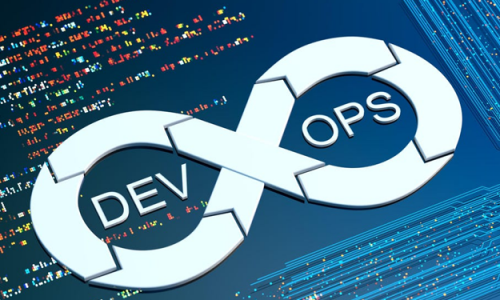As described in the Scrum Guide, the Scrum Master is accountable for establishing Scrum as defined in the Scrum Guide. They do this by helping everyone understand Scrum theory and practice, both within the Scrum Team and the organization.
The Scrum Master is accountable for the Scrum Team’s effectiveness. They do this by enabling the Scrum Team to improve its practices, within the Scrum framework.
Scrum Masters are true leaders who serve the Scrum Team and the larger organization.
Roles a Scrum Master Plays
The Scrum Master serves the Scrum Team in several ways, including:
- Coaching the team members in self-management and cross-functionality;
- Helping the Scrum Team focus on creating high-value Increments that meet the Definition of Done;
- Causing the removal of impediments to the Scrum Team’s progress; and,
- Ensuring that all Scrum events take place and are positive, productive, and kept within the timebox.
The Scrum Master serves the Product Owner in several ways, including:
- Helping find techniques for effective Product Goal definition and Product Backlog management;
- Helping the Scrum Team understand the need for clear and concise Product Backlog items;
- Helping establish empirical product planning for a complex environment; and,
- Facilitating stakeholder collaboration as requested or needed.
The Scrum Master serves the organization in several ways, including:
- Leading, training, and coaching the organization in its Scrum adoption;
- Planning and advising Scrum implementations within the organization;
- Helping employees and stakeholders understand and enact an empirical approach for complex work; and,
- Removing barriers between stakeholders and Scrum Teams.
Course Features
- Lectures 0
- Quizzes 0
- Duration 10 weeks
- Skill level All levels
- Language English
- Students 0
- Assessments Yes






